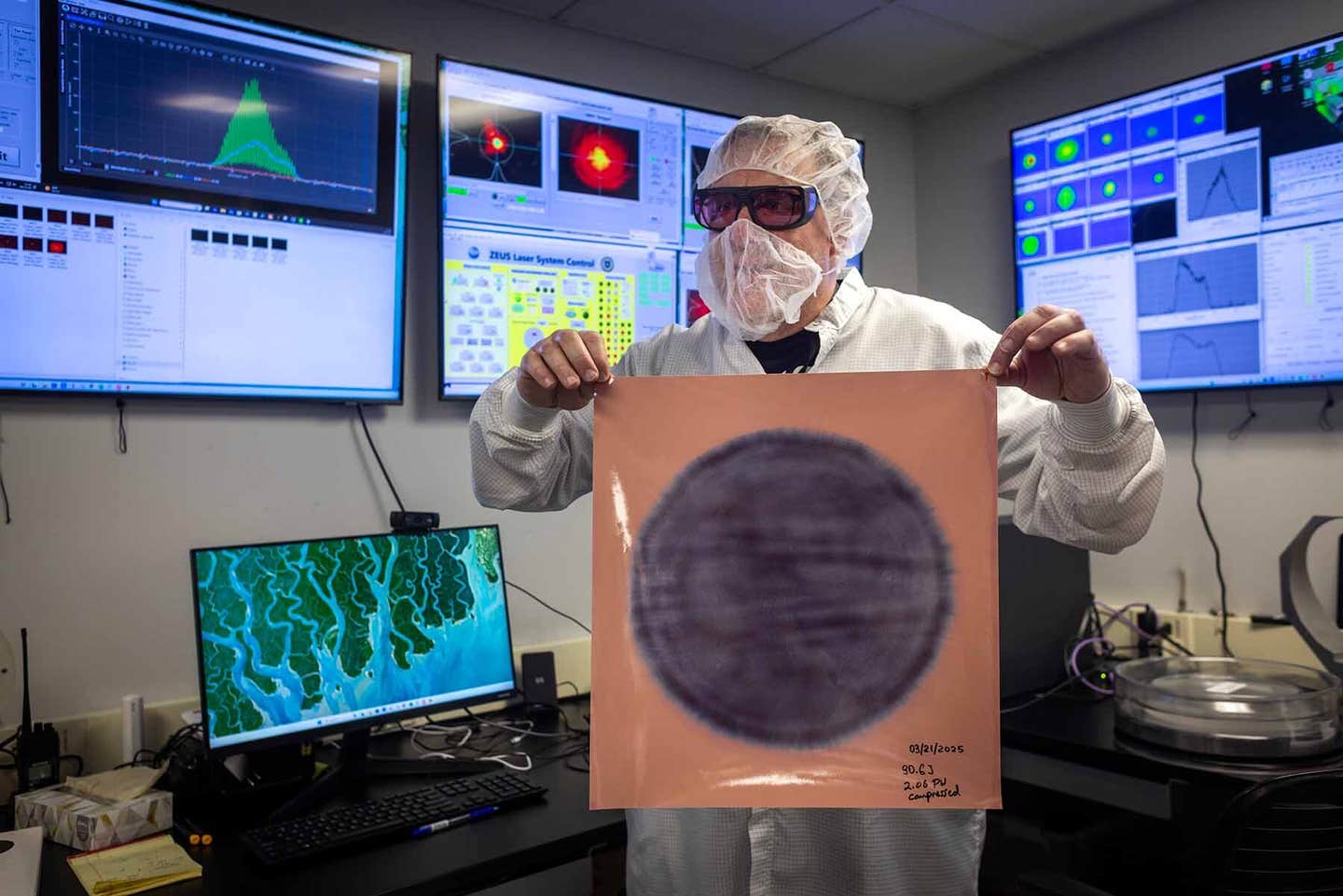New biodegradable apparel tag fasteners, replacing plastic to help the environment
The new Ecotach bio-PP Fastener degrades without leaving behind microplastics, which are harmful substances for the environment.

[Sept. 9, 2020: Coral Murphy]
The plastic fasteners that hold clothes tags are getting an eco-friendly makeover.
Avery Dennison, which is a global designer and manufacturer of label and packaging products, launched a tag fastener made of material that degrades within one year of exposure to soil organisms. A regular polypropylene fastener can take anywhere from 20 to 30 years to breakdown, according to the company.
The new Ecotach bio-PP Fastener degrades without leaving behind microplastics, which are harmful substances for the environment.
"As a materials science innovator, we’re excited to grow this product line and offer our customers more options and a solution that is not dependent on consumer recycling behaviors,” said Dan Riendeau, Senior Marketing Manager of Global Packaging and Retail at Avery Dennison Fastener Solutions.
Overall, the world produced 348 million metric tons of plastic in 2017. In the United States, the per capita production of plastic waste is 340 grams per day.
The product and its environmental performance has been verified by Impact Solutions, an independent plastic expert.
This Brighter Side of News post courtesy of USA Today at USAToday.com.
Like these kind of stories? Get The Brighter Side of News' newsletter.
Joseph Shavit
Head Science News Writer | Communicating Innovation & Discovery
Based in Los Angeles, Joseph Shavit is an accomplished science journalist, head science news writer and co-founder at The Brighter Side of News, where he translates cutting-edge discoveries into compelling stories for a broad audience. With a strong background spanning science, business, product management, media leadership, and entrepreneurship, Joseph brings a unique perspective to science communication. His expertise allows him to uncover the intersection of technological advancements and market potential, shedding light on how groundbreaking research evolves into transformative products and industries.



